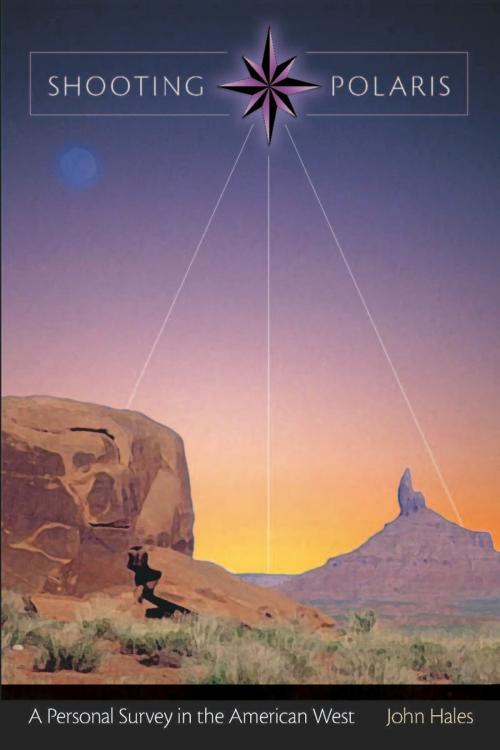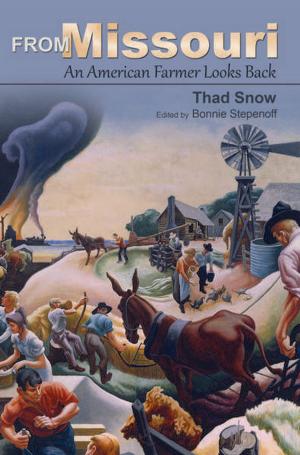| Author: | John Hales | ISBN: | 9780826264954 |
| Publisher: | University of Missouri Press | Publication: | April 24, 2013 |
| Imprint: | University of Missouri | Language: | English |
| Author: | John Hales |
| ISBN: | 9780826264954 |
| Publisher: | University of Missouri Press |
| Publication: | April 24, 2013 |
| Imprint: | University of Missouri |
| Language: | English |
Shooting Polaris is John Hales’s fascinating and far-reaching account of working as a government surveyor in the southern Utah desert. In it, he describes his search for a place in the natural world, beginning with an afternoon spent tracking down a lost crew member who cracked up on the job and concluding with his supervising a group of at-risk teenagers on a backpacking trip in the Escalante wilderness. In between, he depicts a range of experiences in and outside nature, including hostile barroom encounters between surveyors and tourists, weekends spent climbing Navajo Mountain and floating what remains of Glen Canyon, and late-night arguments concerning the meaning and purpose of nature with the eccentric polygamist who ran the town in which the surveyors parked their bunk trailers.
Although this work is autobiographical, Shooting Polaris is so much more. It is a reflection on man’s relationship to nature and work, American history and the movement into the West, the desire to impose order and the contrary impulse for unmediated experience, the idealistic legacy of the sixties, the influence of the Mormon Church, and the often-antagonistic relationship of American capitalism to sound ecological management. Along the way, Hales introduces engaging characters and reveals the art, science, and history of surveying, an endeavor that turns out to be surprisingly profound.
Shooting Polaris is John Hales’s fascinating and far-reaching account of working as a government surveyor in the southern Utah desert. In it, he describes his search for a place in the natural world, beginning with an afternoon spent tracking down a lost crew member who cracked up on the job and concluding with his supervising a group of at-risk teenagers on a backpacking trip in the Escalante wilderness. In between, he depicts a range of experiences in and outside nature, including hostile barroom encounters between surveyors and tourists, weekends spent climbing Navajo Mountain and floating what remains of Glen Canyon, and late-night arguments concerning the meaning and purpose of nature with the eccentric polygamist who ran the town in which the surveyors parked their bunk trailers.
Although this work is autobiographical, Shooting Polaris is so much more. It is a reflection on man’s relationship to nature and work, American history and the movement into the West, the desire to impose order and the contrary impulse for unmediated experience, the idealistic legacy of the sixties, the influence of the Mormon Church, and the often-antagonistic relationship of American capitalism to sound ecological management. Along the way, Hales introduces engaging characters and reveals the art, science, and history of surveying, an endeavor that turns out to be surprisingly profound.















